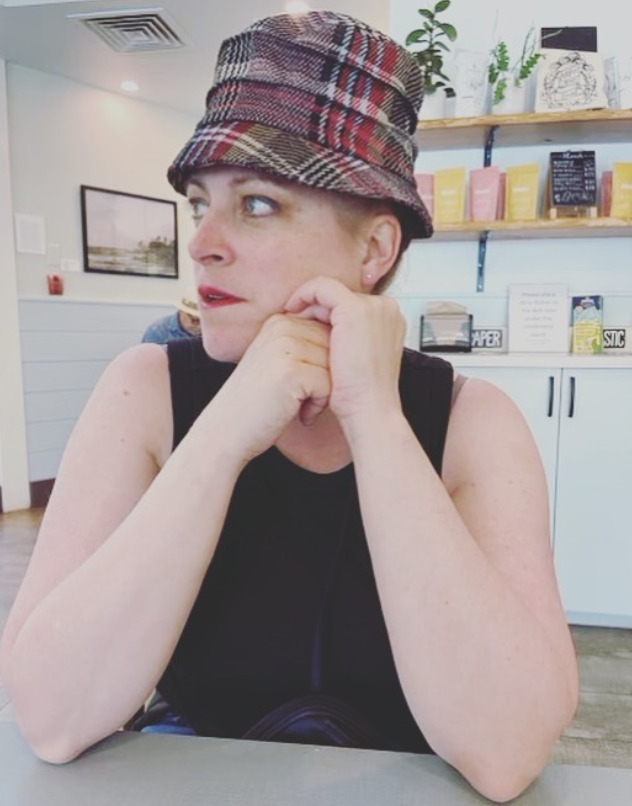Questions Teachers Ask Me: How Do I Teach Fiction Writing?
How Do I Teach Fiction Writing?
Fiction writing contains many parts. Information on how to teach fiction writing is plentiful. When teachers ask me this question, do you have any ideas for teaching fiction writing?, I know that they may not be writers themselves and lack the confidence for how to teach writing.
Teachers need to write if they expect their students to write.
If teachers want to understand what the writing process feels like, they need to write.
A simple way of getting started is to write a product of what you expect your students to write.
Create your own exemplar.
For example, if your students will be writing a beginning, middle and end fiction story, create one that would match the level expected in that grade level.
By experiencing writing first hand, you will discover how the process looks and feels.
As you coach yourself through it, you will have uncovered “pain points” or areas that were challenging and required some problem solving. Record what you did to solve these “pain points”.
As you write, you will also be thinking about your students.
- Where might they have trouble?
- Who might need more support?
- What will that support look like?
Once you have experienced what it feels like to write and have connected the process to the needs of your students, then you will be able to select ideas to teach fiction writing.
There are many resources out there to help you, with your new-found experience as a writer, you will know what to look for.
The most important thing about teaching writing in schools, is to look at your curriculum first.
Curriculum should drive your instruction, the resource that you use to teach writing should be aligned with your curriculum.
If you are looking for more experience as a “teacher-writer” sign up for Teachers Writer Summer 2019.
Any questions, please let me know!
Love Coach Clark 🙂


